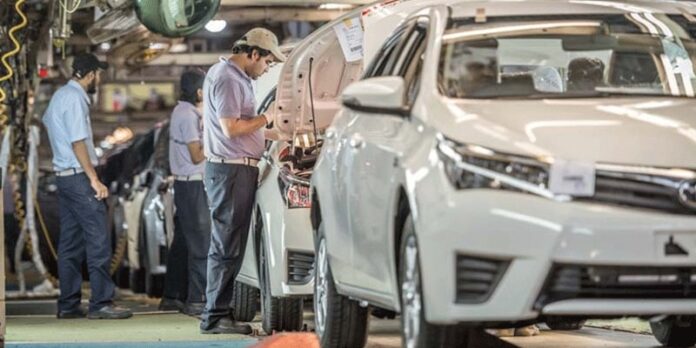ISLAMABAD: Local auto manufacturers have raised alarms over the proposed new energy vehicle (NEV) policy, fearing it may allow unrestricted imports of completely built units (CBUs) at much lower duty and sales tax rates.
They believe this could harm local original equipment manufacturers (OEMs), disrupt parts suppliers, and hinder the growth of Pakistan’s auto industry.
The Pakistan Automotive Manufacturers Association (PAMA) has voiced concerns about the NEV policy and its associated documents. The government has proposed subsidies of Rs50,000 for electric two-wheelers and Rs200,000 for electric three-wheelers.
Additionally, the State Bank has slashed the policy rate to 15%, and a financing scheme with Kibor plus 3% and monthly instalments of Rs9,000 over two years will be introduced.
PAMA Director General Abdul Waheed Khan, in a letter to the Engineering Development Board (EDB), warned that reduced duties (25%) and sales tax (10%) on CBU imports could erode local OEMs’ market share, adversely affect parts manufacturers, and discourage future investments.
He said the policy could frustrate the objectives of the Automotive Industry Development and Export Policy (AIDEP) 2021-26, which offers balanced tariffs across vehicle types, including ICE, HEV/PHEV, and EVs. Instead, PAMA proposed amendments to AIDEP 2021-26 to promote NEVs while ensuring consistency and investor confidence.
PAMA has requested the government to reconsider the policy’s impact. They highlighted that used car imports already capture 30% of the market annually, and further market erosion due to CBUs would devastate the local auto sector.
They recommended restricting CBU imports to electric and fuel-cell vehicles only and eliminating used car imports, except for overseas Pakistanis purchasing locally produced vehicles.
Additionally, PAMA suggested that importers or investors be required to invest in localisation to avoid short-term profiteering. They proposed aligning NEV incentives with other vehicles after the third year, with only new models eligible for benefits.
PHEVs and HEVs should remain under the AIDEP 2021-26 policy until 2030, with equal incentives for both. Renewable energy vehicles, such as biogas fuel vehicles, should also be included in the NEV definition.
CBUs should be limited to companies meeting local manufacturing standards, as outlined in SRO 656, to prevent the risk of vehicles being imported without technical or aftersales support.




